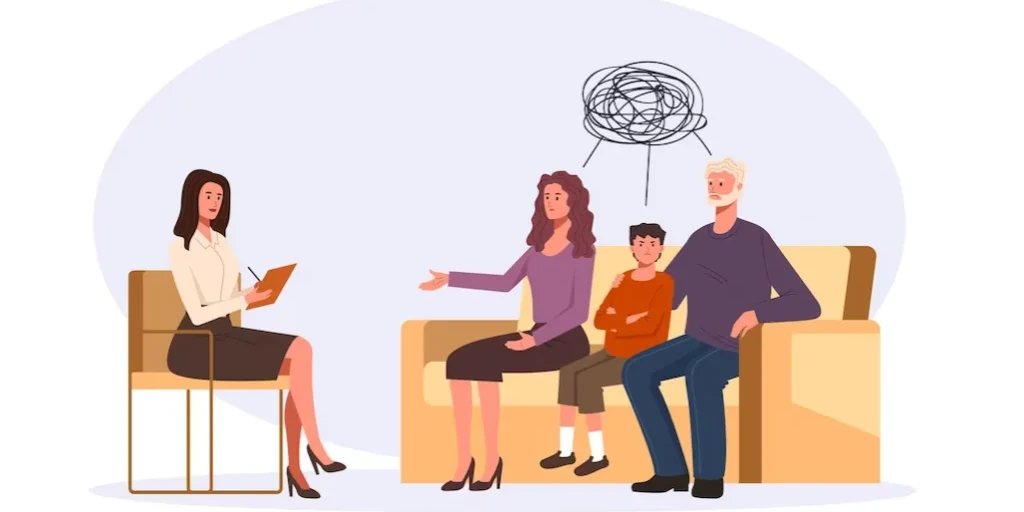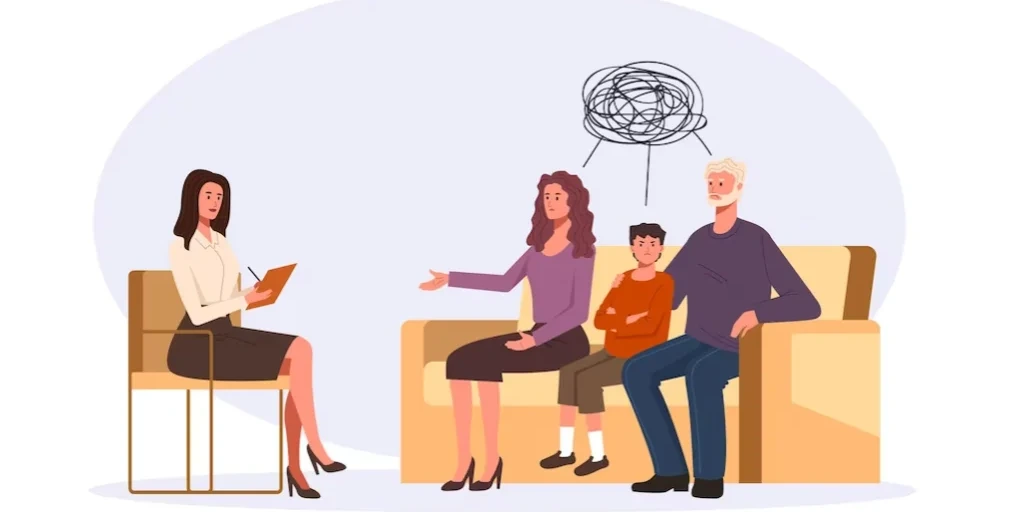24/7 Helpline:
(866) 899-221924/7 Helpline:
(866) 899-2219
Learn more about OCD Treatment centers in Cartersville
OCD Treatment in Other Cities

Other Insurance Options
Beacon

CareFirst

UMR

Ambetter

Kaiser Permanente

Excellus

Amerigroup

United Health Care

Optima

MHNNet Behavioral Health

Carleon

Anthem

Ceridian

Magellan Health

Providence

PHCS Network

BHS | Behavioral Health Systems

Regence

Holman Group

Private insurance

Highland Rivers Health – Bartow Recovery and Wellness Center
Highland Rivers Health provides a variety of treatment programs and services to meet your individual...

Family Counseling and Recovery Center
Family Counseling and Recovery Center is a private rehab located in Cartersville, Georgia. Family Co...

Georgia Mental Health and Substance Abuse Center
Georgia Mental Health and Substance Abuse Center is a private rehab located in Cartersville, Georgia...

The ROC Clubhouse
The ROC Clubhouse helps youth with mental health issues build self-esteem, resiliency and life skill...

Cartersville Center
Cartersville Center is a private rehab located in Cartersville, Georgia. Cartersville Center special...



































Alliance Counseling Associates
Alliance Counseling Associates is a private counseling clinic located in Cassville, Missouri. Allian...

Heartland Center for Behavioral Change – Casville Outpatient Clinic
Heartland Center for Behavioral Change–Cassville Outpatient Clinic, in Cassville, Missouri, provides...














































